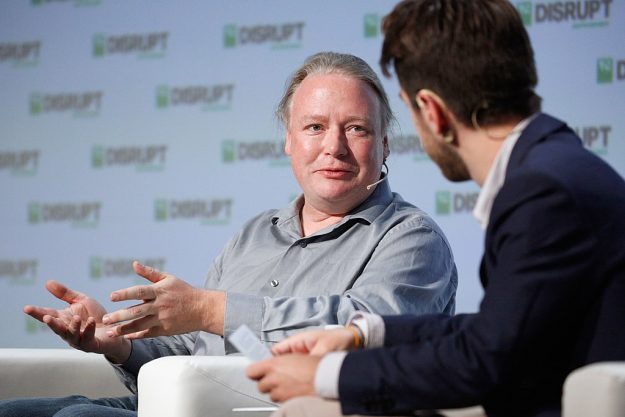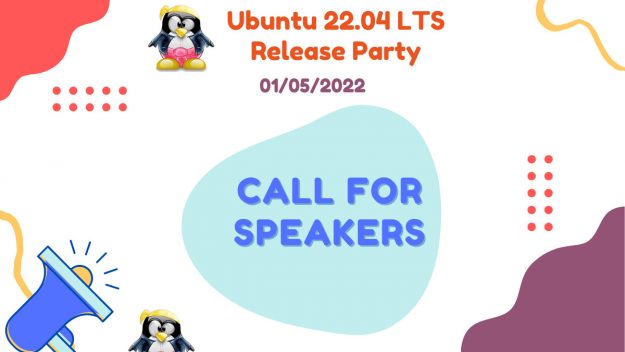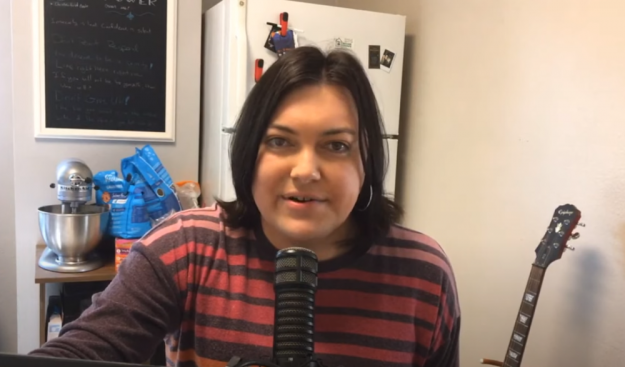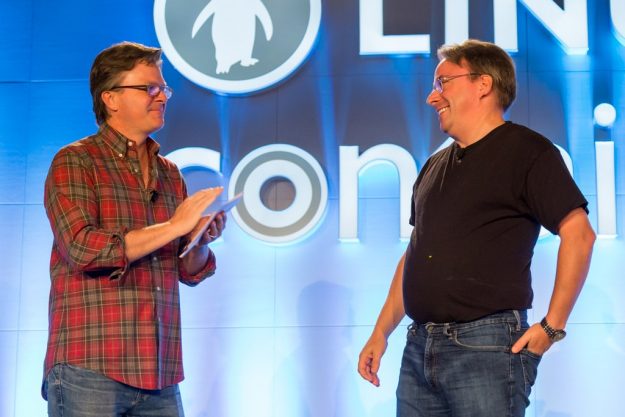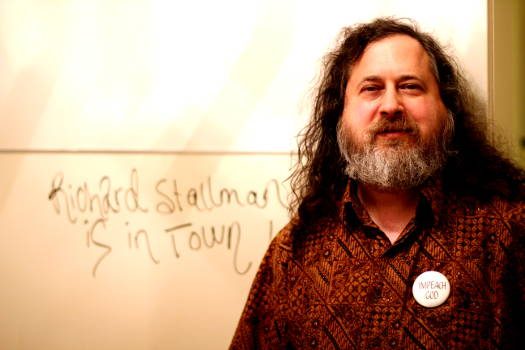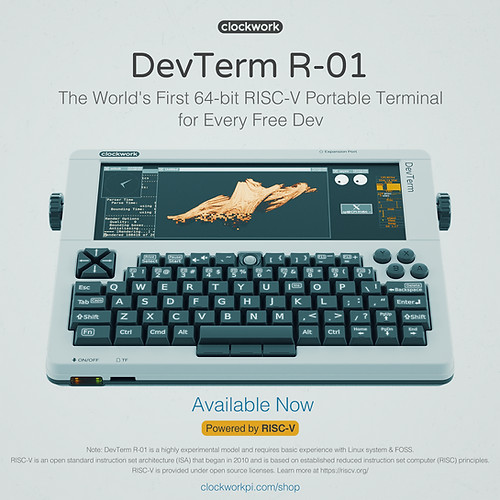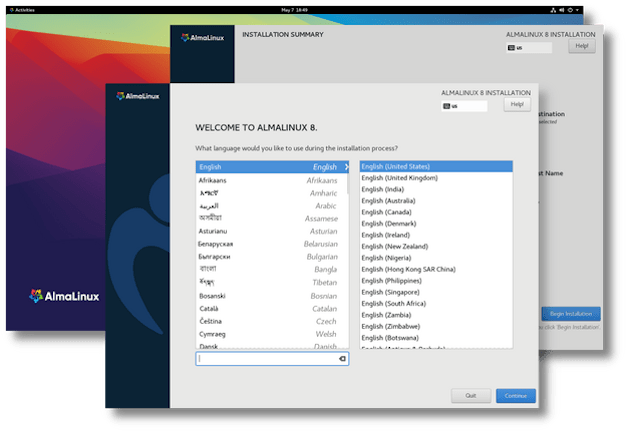While the Open Source Security Foundation is active in all areas pertaining to open source security, developers might be most interested in OpenSSF’s free online Developing Secure Software certification program.
FOSS Force
With Fedora's release party scheduled for May 12-14, and now Ubuntu planning a release party for 22.04 on May 1, it looks as if next month is going to be party month in the land of Linux.
With three full time employees and a robust community, Elementary OS went into this year as a Linux project that seemed to be on easy street. Today, it’s down to one employee, it’s funds are dwindling rapidly, but it still has an enthusiastic community and a determined leader with a particularly open source vision.
The Linux Foundation is accepting applications through April 3Oth for Linux Foundation Training Scholarships that offer free training and certification across 12 open source categories.
Although Richard Stallman seemed to be absent from this year's LibrePlanet event, the Free Software Foundation has announced he will be livestreaming his "The State of the Free Software Movement" talk on April 13th at 2 p.m. Eastern Time.
The growth of SiFive and other companies focused on open source RISC-V-based processors will eventually bring the possibility of completely free and open computing to free and open source software advocates.
As AlmaLinux and Rocky Linux vie for dominance in the free RHEL replacement space that was abandoned by CentOS Linux, Alma appears to be making deeper inroads on several fronts.
No matter how you Fedora, you might want to check out the release party that the folks behind Red Hat's community distribution have planned.
More than 40 speakers from various open source fields will be giving presentations online on March 29th at Open Source 101, a single-day open source conference hosted by All Things Open.
Last year's election for board members at Open Source Initiative was "hacked," which necessitated a re-vote. Fortunately, this year's election was a smooth experience.

